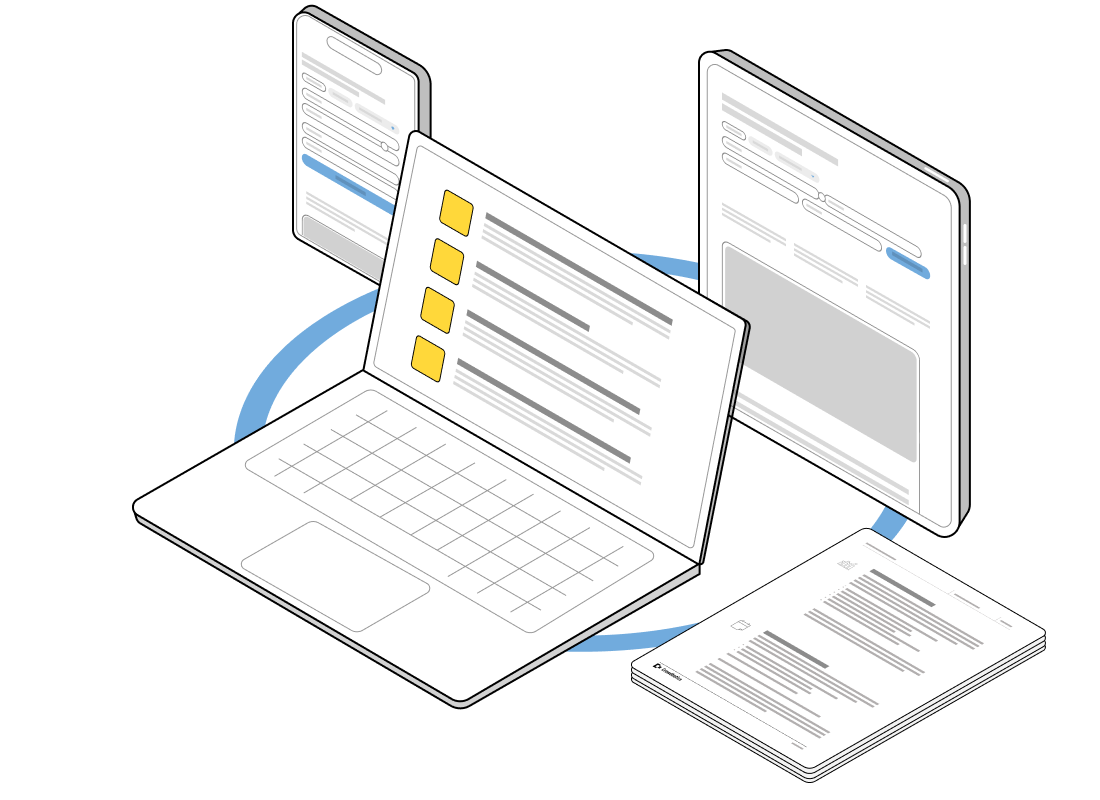What is a calendar app?
A calendar application is a web, mobile, or desktop application that enables users to plan and schedule events. Calendar apps allow users to create an event by selecting a date and time for the event, entering a title for the event, adding location information, creating reminder notifications in advance of the event, inviting attendees, and more. The app may also include a dashboard that enables administrators to view all scheduled events and develop reports about what types of events are being scheduled most often.
Calendar apps are often similar to other planning apps like project management apps, task management apps, and to-do list apps. Popular calendar applications include Google Calendar, Microsoft Outlook, and iCalendar.
Examples of calendar apps built with Crowdbotics:
- An application that will allow the user to keep track of all of their contacts (Family and Friends) important events. It can import contacts from phone, social media, or email.
What is the typical cost to build a calendar app?
A calendar app usually costs about $37,500 to build. However, the total cost can be as low as $25,000 or as high as $50,000. A calendar app with a low number of features (also known as a minimum viable product, or MVP) will be more affordable than an app that includes all intended functionality.
For example, here are some previous calendar app price quotes from Crowdbotics:
How long does it take to build a calendar app?
A calendar app usually takes 367 hours to build. However, a calendar app can be built in as few as 333 hours, or in as many as 400 hours. The exact timeline mostly depends on how complicated your specific app is. As a general rule, it will take longer if you require highly custom designs, niche features, complex logic, or non-standard release platforms.
For example, some previous calendar apps build with Crowdbotics received the following hourly estimates:
Not seeing what you’re looking for?
Crowdbotics has quoted and built hundreds of applications for teams of all sizes. Browse our historical estimates by industry and app type to understand possible costs and considerations.
How to successfully grow your calendar application
A calendar app is another example of a platform that has achieved viral growth through a combination of creating incentives for new user referrals and by providing a high level of value to users. When it comes to connecting new users with existing users, calendar apps can create incentives for new users to share the app with each other in order to get free access to premium features (such as a larger number of events). They can also provide value by giving their users more control over how they manage their schedules.
Risks and challenges of building a calendar application
A calendar or scheduling app is exposed to legal and reputational risks associated with the handling of sensitive information, including user locations, appointment details, and private communications. Your app will need to take steps to ensure the security of this information by prohibiting unauthorized access and ensuring that user data cannot be shared or downloaded by third parties. It is also recommended that you take appropriate measures to protect your data from natural disasters (such as fires) and malicious attacks (such as DDoS).


